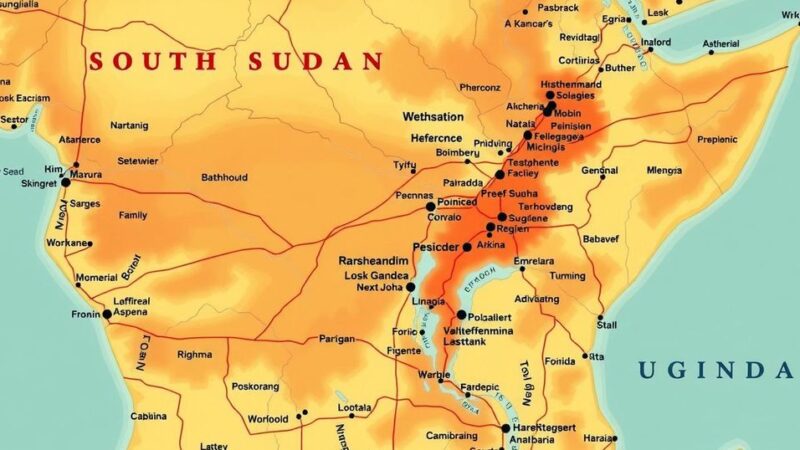The recent airstrikes by Israel that killed Hezbollah leader Hassan Nasrallah have escalated tensions, heightening fears of a wider conflict in the Middle East. The attacks have resulted in significant casualties and displacement in Lebanon, with Hezbollah vowing to continue its fight against Israel. Analysts anticipate a potential retaliation from Hezbollah, while concerns about Iranian involvement linger amid calls for diplomatic intervention.
Recent developments in the Middle East highlight a significant escalation in the conflict between Israel and Hezbollah following the assassination of Hezbollah leader Hassan Nasrallah by Israeli airstrikes in Beirut. This event, part of a broader and intensive military campaign against Hezbollah, raises fears of a potential regional war. The Israeli military asserts that its strikes target Hezbollah installations amid ongoing hostilities that have led to substantial civilian casualties and displacements in Lebanon. The violent exchanges came after Israel targeted Nasrallah’s underground headquarters, marking a critical juncture in the longstanding conflicts involving Israel and various militant groups in the region, particularly since Hezbollah has engaged in attacks against Israel since the onset of hostilities with Hamas in Gaza. The Iranian-backed organization has suffered significant losses in recent weeks, including key commanders, following a series of airstrikes that have been particularly devastating. Israel’s military has suggested that it is entering a “new era” of conflict, suggesting a possible ground invasion of Lebanon to quash further provocations. As the situation escalates, Hezbollah has expressed its resolve to continue its resistance against Israel, with Iranian support underscoring its regional militant strategy. Observers are closely monitoring potential reactions from Hezbollah and Iran following this heavy blow to their military capabilities. Experts posit that while Hezbollah is in a vulnerable position, it still possesses considerable military assets and expertise, which could lead to imminent retaliatory actions that heighten the risk of a full-scale war.
The Middle East remains a volatile region characterized by complex, multifaceted conflicts, particularly involving Israel and various militant groups. The recent killing of Hezbollah leader Hassan Nasrallah by Israeli airstrikes marks a significant escalation within this ongoing struggle. Hezbollah, classified as a terrorist organization by Israel and the United States, has been engaged in a protracted hostilities with Israel, particularly resulting from actions related to Hamas’s activities in Gaza. The involvement of regional powers such as Iran further complicates the dynamics, as they provide financial and military support to Hezbollah. The current military confrontations come amidst previous failed ceasefire attempts and serve as a critical turning point in the Israel-Hezbollah conflict.
The assassination of Hassan Nasrallah has dramatically escalated an already tense situation in the Middle East, raising concerns of a broader regional conflict. Israel’s assertion of a shift in military strategy toward Hezbollah signifies a possible intensification of military operations. The response from Hezbollah and Iran will be crucial as the conflict develops, with analysts suggesting that retaliatory actions may provoke an even larger confrontation. Amid ongoing losses for Hezbollah and rising civilian casualties in Lebanon, the potential for a negotiated resolution appears increasingly limited as both sides prepare for further hostilities.
Original Source: www.cnn.com






